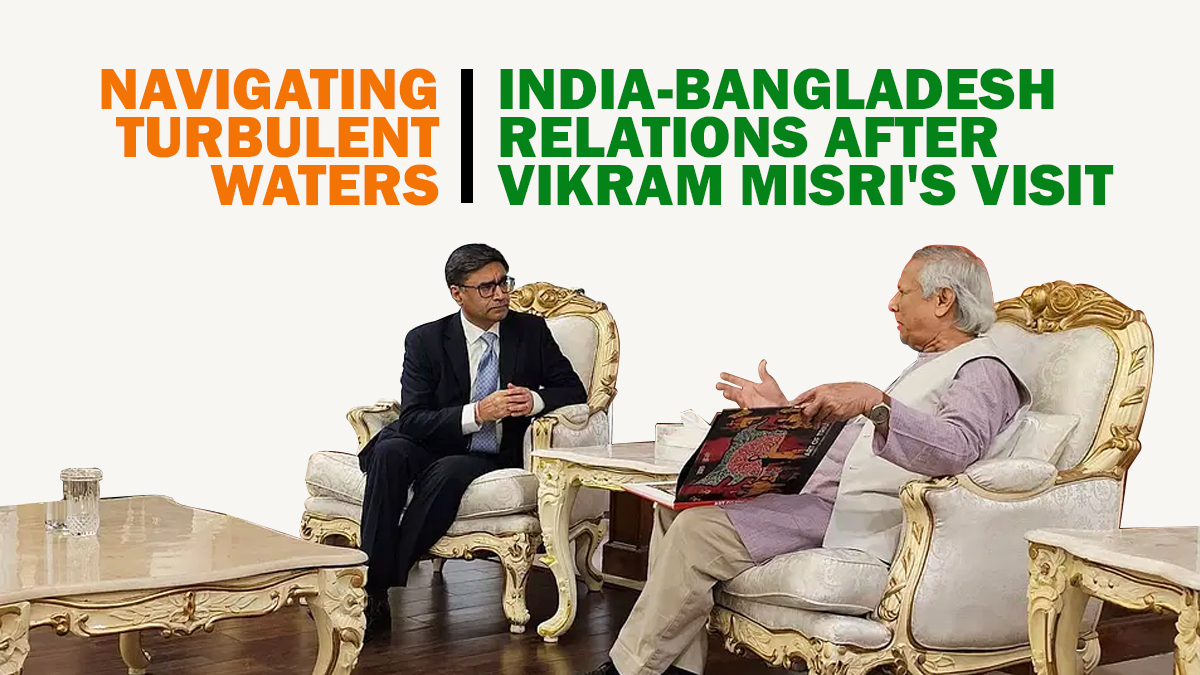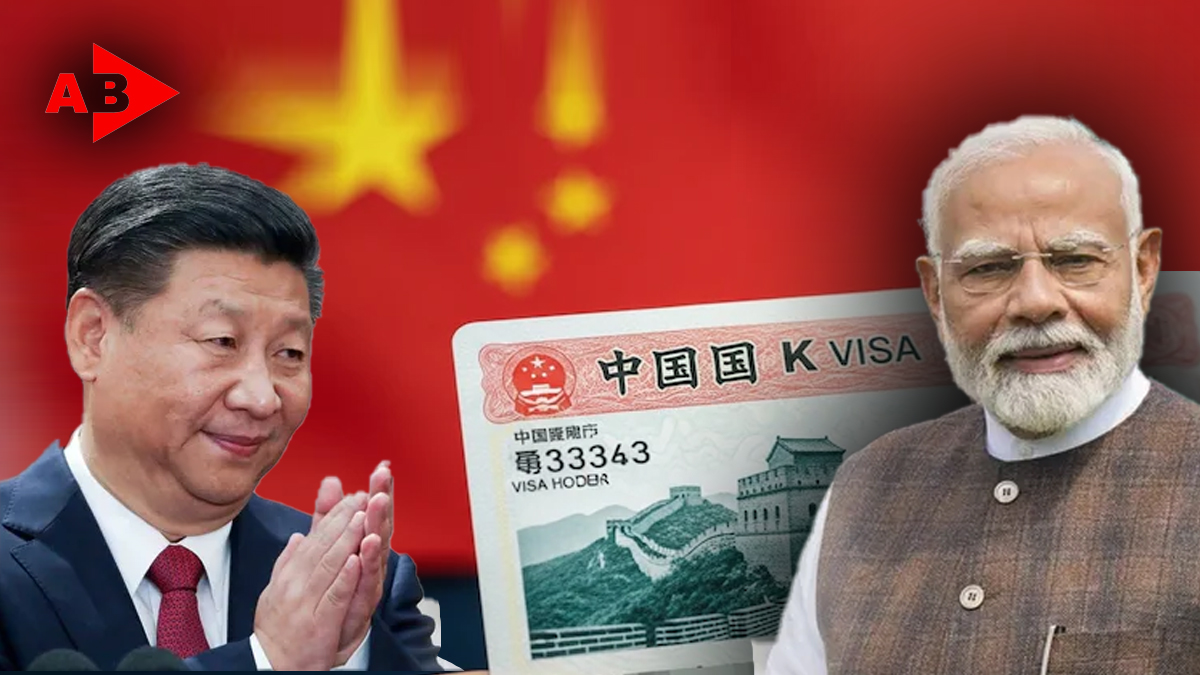
With a new interim government in Dhaka, India seeks to reaffirm ties while addressing rising concerns over minority safety.
By Jotirmoy Roy
AB News, New Delhi: The diplomatic landscape of South Asia has witnessed significant shifts in recent months, particularly following the political upheaval in Bangladesh that culminated in the ousting of Prime Minister Sheikh Hasina’s government. Amid this turmoil, the recent visit of Indian Foreign Secretary Vikram Misri to Dhaka carries crucial implications for the future of India-Bangladesh relations, serving as a testament to the complexities and challenges that lie ahead.
On Deceber 9, Misri met with the interim government’s chief advisor, Mohammad Yunus, marking India’s first high-level engagement with Bangladesh since August’s political upheaval. This visit underscores India’s intention to reaffirm its commitments to a “positive, constructive and mutually beneficial” partnership with its neighbor, despite the emerging shadows of uncertainty.
During his discussions, Misri expressed concern over the safety of minorities in Bangladesh, a pointed remark that reflects India’s ongoing apprehensions regarding the wellbeing of Hindu minorities and other vulnerable groups amid a backdrop of increasing violence. Reports of attacks against Hindu temples and individuals have raised alarms in New Delhi, drawing attention to the socio-political climate that, following Hasina’s exit, appears more precarious. Misri’s emphasis on a constructive dialogue about these incidents is not merely diplomatic politeness; it is a necessary step to ensure that historical ties rooted in cultural and religious syncretism do not deteriorate further.
Furthermore, the ongoing narrative of protests against the interim government adds another layer of complexity. As Yunus assumes leadership, the specter of unrest looms large, with crucial questions about governance, legitimacy, and public sentiment at play. Misri’s meetings were not only about affirming cordial ties but also about navigating the delicate diplomacy required to address potential disruptions in bilateral relations stemming from these developments.
It is crucial to highlight that India has a prominent stake in the stability and progression of Bangladesh as a democratic, inclusive, and peaceful nation. Misri reiterated India’s support for a democratized and stable Bangladesh, emphasizing that despite recent political transitions, there is no need for disruption in bilateral relations. India’s commitment to maintaining a strong partnership is evident, but it will require careful handling, especially in light of the ongoing tensions between various social groups and political factions.
Moreover, the fallout from recent anti-Hindu violence on Bangladeshi soil may aggravate perceptions in India and fuel political narratives that are anything but favorable for the budding interim administration. The discourse surrounding the safety of minorities is not a simple matter of political maneuvering; it reflects deeper questions about national identity and the values that both nations espouse.
The broader implications of Misri’s visit should also not be underestimated; it signals a recovery of sorts for the India-Bangladesh relationship that had been teetering on edge. The Indian Ministry of External Affairs rightly notes that this visit aims to facilitate ongoing dialogues on pressing issues such as security, trade, regional cooperation, and the management of border concerns while simultaneously building trust between both nations.
As the interim government strives to stabilize a nation still reeling from the aftermath of significant political shifts, India’s proactive approach could serve as both a stabilizing force and a diplomatic challenge. The path ahead is not easy; it demands transparency, dialogue, and most importantly, a mutual respect for each other’s concerns and aspirations.
In conclusion, as India re-establishes its diplomatic foothold in Dhaka, it must thread carefully yet assertively, aiming for a fruitful relationship that transcends current tensions and celebrates the shared heritage of both nations. Only through sustained engagement and sincere communication can India and Bangladesh navigate the turbulent waters of their relations into a brighter, more collaborative future.


